Thinking Beyond Oil: The wise don’t wait to learn from their mistakes
KAMPALA, JUNE 27 – The late Chinese liberation leader and Marxist theorist Mao Zedong (Mao Tse-Tung) one time told his compatriots that China did not have to suffer her way through the arduous stages of development because it could avoid the pitfalls developed economies had gone through to get to where they were by learning from their mistakes.
Over the course of this month, Uganda has been target of well-meaning messages from her development partners over what it should and not do with her newfound oil wealth. Some of the advice is really old and one could argue, pretty straightforward. But given that what has happened in the larger African petrodollar economies, it should be taken in good faith because you cannot discount the African elite’s capacity to get their priorities wrong.
The central message coming out during the launch of the World Banks Country Economic Memorandum in Kampala last week was that oil should not draw our attention away from the other ‘GOLD’, agriculture which today sustains more than three quarters of Uganda’s population. The World Bank’s prescription is that oil wealth should instead be used to fund and create efficiencies in key growth sectors that have potential to sustain the economy in the long-term.
Christina Malmberg-Calvo the World Bank Country Manager for Uganda says agriculture is the Oil that Uganda has always had and the country should therefore focus on ensuring that there is value addition to agriculture as a way of creating a platform for sustainable development. Although it is not always appreciated by politicians, perhaps because its proceeds don’t collect in the ‘Consolidated Fund’ but are more democratically distributed within the population by the market, Uganda Development Bank Chairman Samuel Sejjaka picked the tourism sector as another growth area that should be supported by oil revenues.
Economic diversification and productivity enhancement are seen as crucial ahead of oil revenues, which could easily make the country’s managers complacent. Deputy Secretary to the Treasury Patrick Ocailap felt duty bound to point out much of this was already happening reasoning that “this fiscal year we will see more works done on sectors that grow the economy such as improving agriculture and infrastructure which also boosts tourism.”
This publication fully stands with the advocates diversification and also subscribes to Great Lakes Institute
for Strategic Studies Director Godber Tumushabe’s view that the state’s capacity to implement policies and negotiating production sharing agreements beneficial to the country needs to be developed.
Six and a half billion barrels of oil resource is not small by any measure. At least it is enough to propel Uganda into the ranks of the top 30 world producers of oil. Yet at proposed extraction rates, it will support a production run of just 25 years. Then what next, if oil was allowed to crown out the other sectors of the economy?

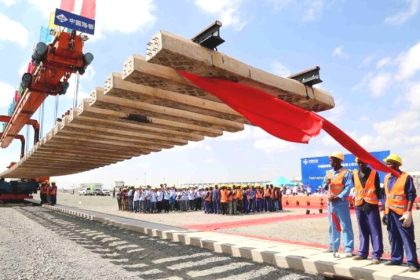 AfDB puts up nearly $700m for Burundi-Tanzania SGR link
AfDB puts up nearly $700m for Burundi-Tanzania SGR link
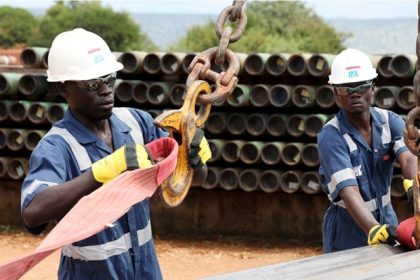 Bank of Uganda keeps base rate at 9.5% to support surge in GDP growth
Bank of Uganda keeps base rate at 9.5% to support surge in GDP growth
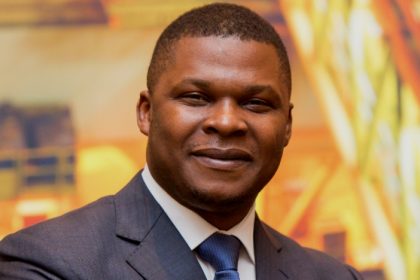 Africans must resist being bulldozed in energy transition timetable debate
Africans must resist being bulldozed in energy transition timetable debate
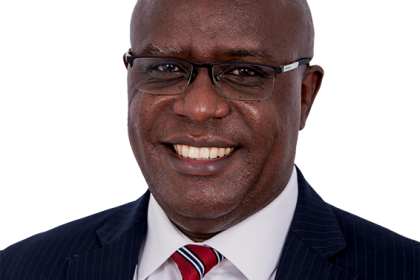 Standard Bank Group appoints new Chief Executive for Uganda Holdings
Standard Bank Group appoints new Chief Executive for Uganda Holdings
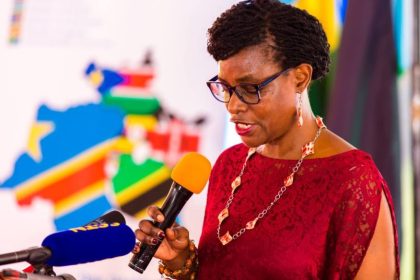 TradeMark Africa introduces new App to limit EAC trade barriers
TradeMark Africa introduces new App to limit EAC trade barriers
 Employer hiring up during November as Stanbic PMI rises to 53.4
Employer hiring up during November as Stanbic PMI rises to 53.4
